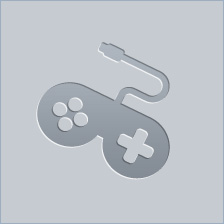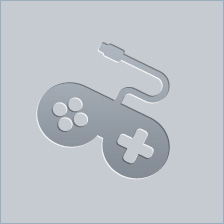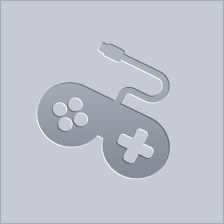PictoQuest review

PictoQuest is a game that borrows the tropes and imagery of conventional role-playing games in an effort to make a series of logic puzzles feel like a grand adventure. It's kind of like if Final Fantasy just involved battles, and those battles just involved playing Picross. Although this mash up idea is definitely well-worn territory at this point, PictoQuest is a solid one of these games that's worth checking out, even if it isn't quite a perfect fit for mobile.

Draw your sword
In PictoQuest, you play as a hero that's adventuring across the land of Pictoria, restoring paintings that were destroyed by evil forces. There's not a whole lot more story than that, but it sets the stage for the bulk of the game, which involves traveling to locations on an overworld map and stopping at specified points to complete a picture-based puzzle.
As it turns out, the paintings of Pictoria are mostly of items and objects you'd commonly associate with a conventional fantasy role-playing game (e.g. coins, treasure chests, shields, snakes, etc.). For each puzzle, you're challenged to fill in a grid to create pixel art versions of these items. Depending on the level, you may also be challenged to do so while being "attacked" by enemy creatures or being given some other external pressure to draw the object as quickly and accurately as possible.
Pondering pixels
Drawing the objects in PictoQuest isn't just a matter of guessing, though. Much like Picross and other logic games, each level provides just enough information to let you suss out which pixels you should tap on to reveal vs. not. In this game specifically, there are numbers on the edges of your draw grid that tell you how many pixels are in each row and column, and by cross-referencing these numbers with each other and making inferences, you can mostly figure out exactly how to draw each object with few issues.
I say few issues here because PictoQuest isn't always as cold and logical as it presents itself to be. You might not notice it early on, but the further you get into this game, the less predictable the game seems to get. Part of this has to do with the game's combat mechanics, which aren't really explained very well. Enemies attack you when their attack meter fills, which is straightforward enough, but sometimes these enemies miss, or they activate a power that doesn't damage you but instead does something else to mess you up. In either case, it's hard to predict and account for his randomness, which can result in some uneven difficulty.

Puzzling port
For the most part, PictoQuest's rpg elements feel like an afterthought, but that isn't the worst thing in the world. It's still a solid Picross-like game. Where it does get a little disappointing though is in some of the decisions made around this iOS port, which make it a less ideal package than it might otherwise be.
The main offender here is the fact that PictoQuest is a landscape-only game. Given the huge borders that fill the space between the square puzzle grids, it feels like an odd choice. Also, as grids get larger later in the game, it sometimes feels like you don't have enough screen space to tap on pixels properly unless you're playing on an iPad. This, plus a complete lack of cloud saves to play on multiple devices, make PictoQuest a somewhat inconvenient package.
The bottom line
PictoQuest is a pretty solid puzzle game, but the iOS version feels slightly lacking. The picture-based puzzling is serviceable so long as you're okay dealing with a very thin (and unnecessary) layer of rpg mechanics plus some minor playability annoyances.


















